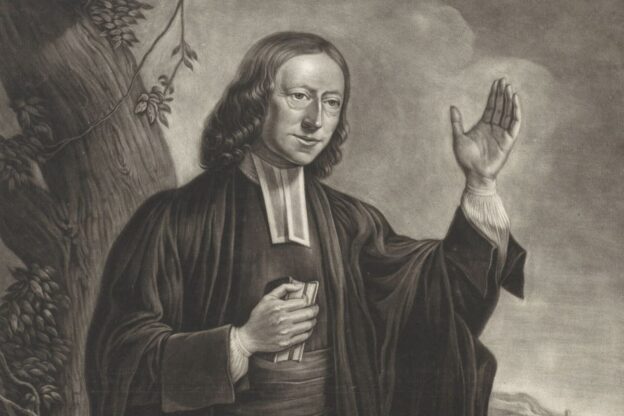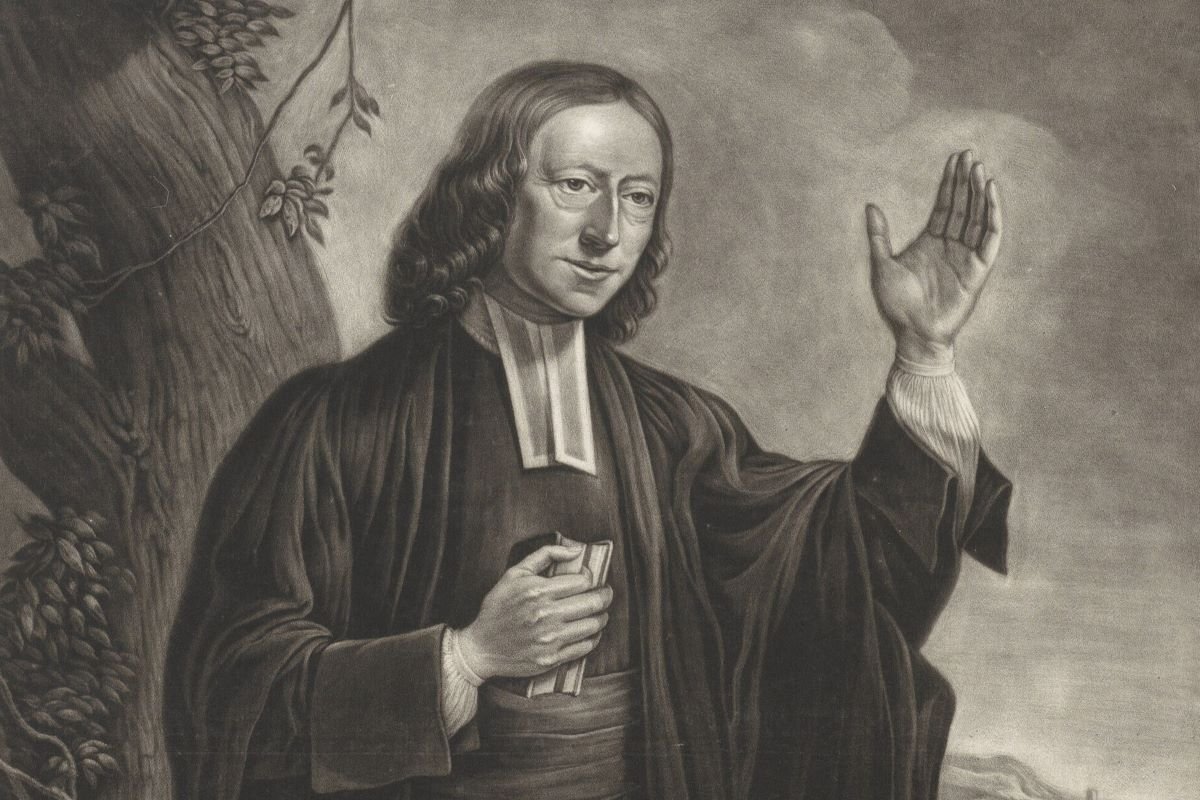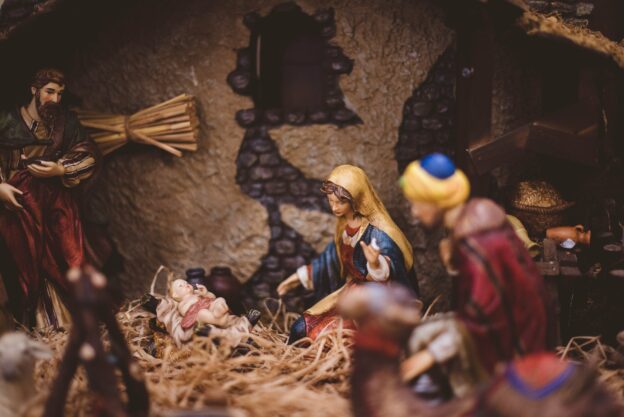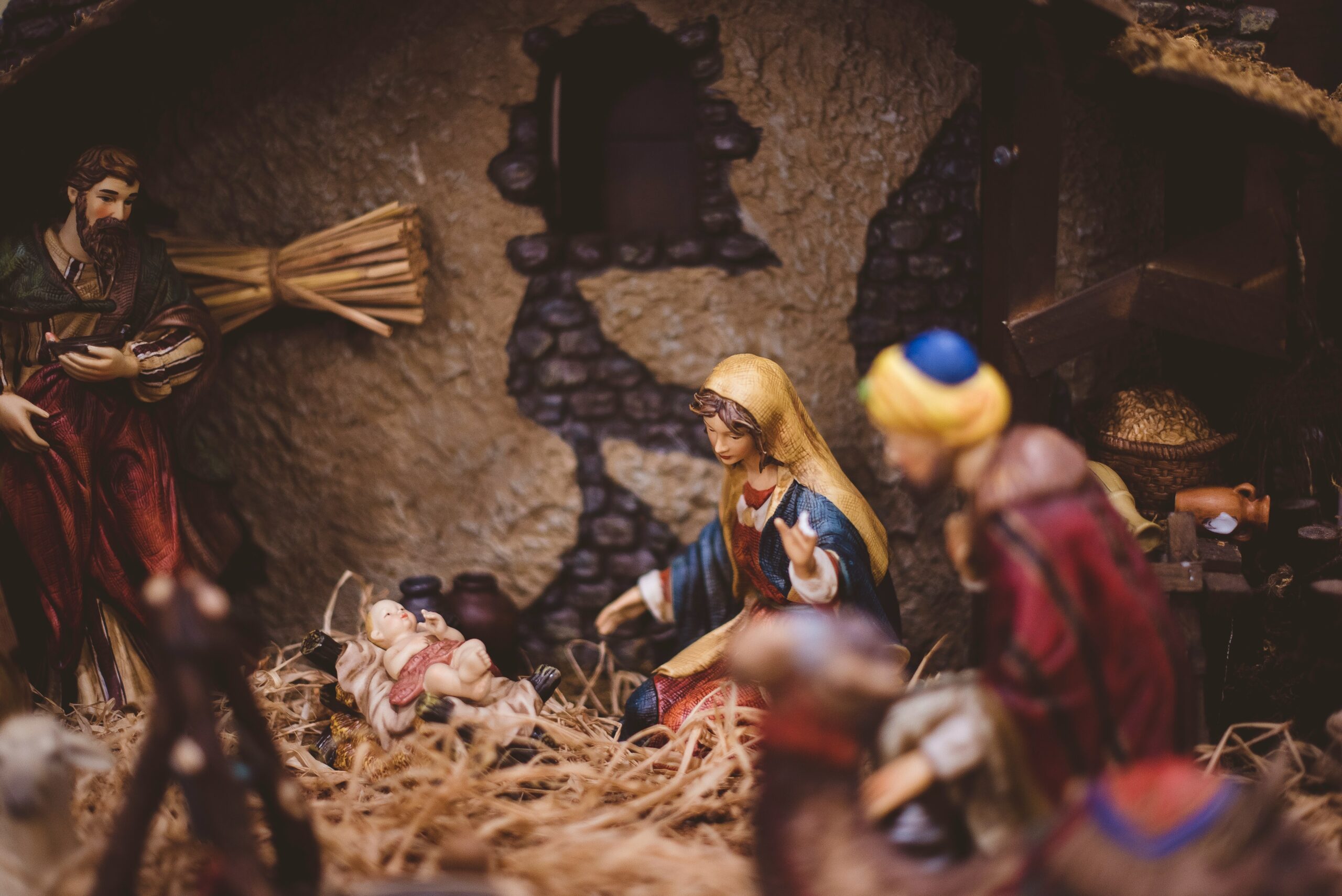Distinctive Style of Methodist: Catholic Spirit by Maxie Dunnam
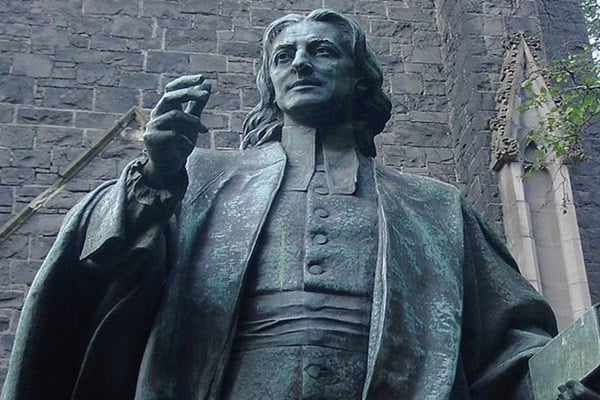
In my last article I made the claim that Methodists have a distinct style. As Christians, our style defines us as much, maybe more, than anything else.
I have the privilege of observing that more than most. My wife and I live in a life cafe. We have lived here for seven years, and plan to make this our “earthly home.” Though not formally defined and labeled as a “Christian Community,” we are. We have Christian worship on Sunday and a vesper service on Thursday.
We have many denominations represented here and at least two Jewish couples. Baptists and Church of Christ are the largest defined denominational groups. Though a minority, there are Methodists and our group is growing.
Other than the local churches I have served, different expressions of my ministry career have given me opportunity to live and test the popular expression of how Christians should relate: In essentials, unity; in non-essentials, liberty; and, in all things, charity. Wesley described his approach to differences in belief in one big question, “Is thine heart right, as my heart is with thy heart…If it is, give me thine hand.”
I don’t know who first suggested it, but I confirm that sadly the church and too many Christians are plagued with xenophobia. Formally defined, xenophobia is “hatred or distrust of foreigners or strangers.” It is not new to the church. The apostles feared Paul and his work among the Gentiles. They were suspicious because they did not understand. That spirit within the church has often hindered the ministry of Christ. We fear opinions, positions, attitudes, and beliefs that do not match our own.
Over against xenophobia I want to put those celebrated words of John Wesley. “Is thine heart right, as my heart is with thy heart … If it is, give me thine hand.” Those words are actually from 2 Kings 10:15. Wesley used them as the text for one of the noblest sermons he ever preached, his sermon on the “Catholic Spirit.” It was one of the few instances in Wesley’s preaching when the scriptural setting of the text had nothing to do with the sermon. Unlike most of us preachers, Wesley didn’t take a text and depart from it; he stayed with it. Not so in this instance.
Wesley took the words completely out of their grisly context in 2 Kings 10 and asked, not what they meant there, but what a follower of Christ should find in them. And from that exploration, he gave us a great word to guide us as we claim and cultivate one of the most important marks of our distinctive style as Methodists: a catholic spirit.
Unfortunately there has been destructive misunderstanding and a misapplication of Wesley’s concept of the catholic spirit. We interpret that to mean “theological pluralism,” and such a pluralism has been projected as both acceptable and desirable of what it means to be a Christian within the Methodist tradition. Taken to an extreme, there is a fallacy in this concept. The way it is projected suggests that such a believer can believe almost anything about God, Jesus Christ, and the essential doctrines that relate to salvation. But this is a perversion of Wesley’s idea of the catholic spirit.
Such an uncritical, undemanding, unexamined emphasis on so-called pluralism was the furthest thing from Wesley’s thinking. He was unreserved in his condemnation of what he called “speculative latitudinarianism,” which would be his word for the way many interpret pluralism today. Wesley was rather adamant:
A catholic spirit is not speculative latitudinarianism. It is not an indifference to all opinions: this is the spawn of hell, not the offspring of heaven. This unsettledness of thought, this being “driven to and fro and tossed about with every wind of doctrine'” is a great curse, not a blessing, an irreconcilable enemy, not a friend, to true Catholicism. A man of a truly catholic spirit has not now his religion to seek. He is fixed as the sun in his judgment concerning the main branches of Christian doctrine. It is true, he is always ready to hear and weigh whatsoever can be offered against his principles; but as this does not show any wavering in his own mind, so neither does it occasion any. He does not halt between two opinions, nor vainly endeavor to blend them into one. Observe this, you who know not what spirit ye are of: who call yourselves men of the catholic spirit, only because you are of a muddy understanding; because your mind is all in a mist; because you have no settled, consistent principles, but are for jumbling all opinions together. Be convinced, that you have quite missed your way; you know not where you are. You think you are got into the very spirit of Christ when, in truth, you are nearer the spirit of Antichrist. Go, first, and learn the first elements of the gospel of Christ, and then shall you learn to be of a truly catholic spirit (Fifty-Three Sermons, “Catholic Spirit,” p. 502).
With that perspective, it is easy to see that nothing is more needed in the church today, certainly in the United States, than a Catholic Spirit.
Subscribe
Get articles about mission, evangelism, leadership, discipleship and prayer delivered directly to your inbox – for free




